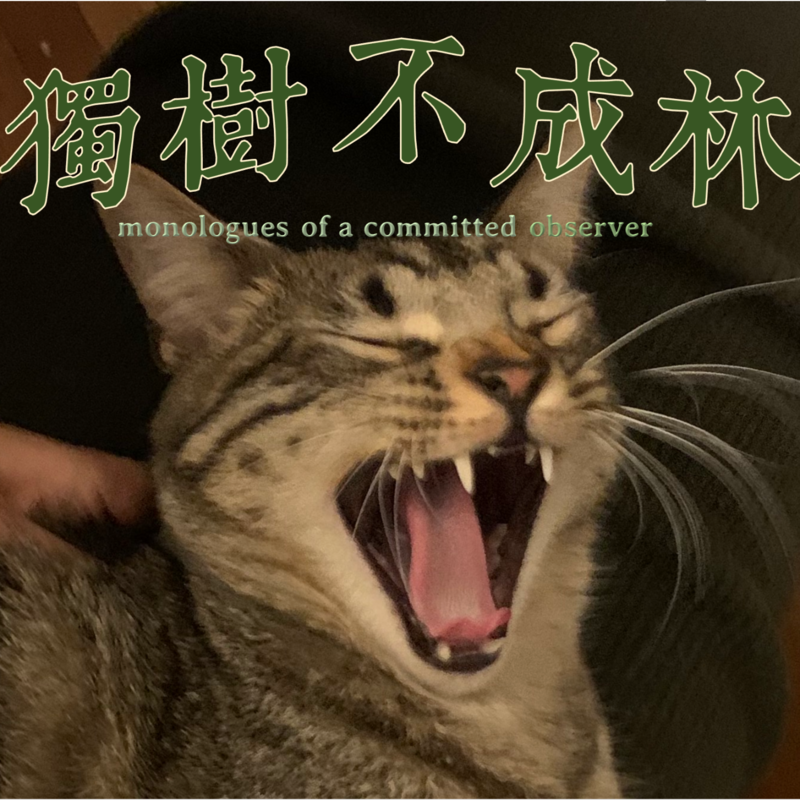BBC六分钟英语|你害怕开口说英语吗?
英音听力|BBC & 经济学人等
Scared of speaking English?
Pippa
Hello and welcome to 6 Minute English from BBC Learning English. I'm Pippa.
Beth
And I'm Beth. Have you ever been scared of speaking in English? In this episode, we're talking about why speaking in a foreign language can be so stressful. So, Pippa, do you ever get nervous speaking in a different language?
Pippa
Yes, I learnt French when I was younger and I was actually quite good at it, I think, but I was really nervous when I was speaking French. How about you?
Beth
Yeah, I've always felt like that with Spanish. I am scared to speak because I don't want to make mistakes, even though I know it's OK to make mistakes.
Pippa
Well, in this episode, we'll be hearing about how to feel less nervous when you speak English.
Beth
But first I have a question for you, Pippa. So, English has around one million words, but on average, how many words does a typical English speaker use in daily conversation? Is it a) between 2000 and 3000? b) between 20000 and 30000. Or c) between 200000 and 300000.
Pippa
I'm going to say a) 2000 to 3000.
Beth
OK. Well, we will find out later in the programme. Now, Pippa, you said you found it stressful speaking in French, even though you are quite good at it. Now, someone else who has had this experience is Hanan Razek. Hanan is a journalist at BBC Arabic and also host of the podcast Beating Speaking Anxiety. Here she is telling BBC Learning English presenter Georgie about speaking English.
Hanan
My English was actually pretty good but having conversations with people, I found it really difficult. So when I first joined the BBC, the Learning English team made an assessment of my English level, which they used to do for all new joiners to see if they need any help or courses.
My results were pretty good and I was fluent. But on that very same day, leaving the building and going to get some coffee, I couldn't really understand what the barista was saying, and I felt pretty nervous to order coffee and was trying to stress every single word, hoping that my grammar is correct and I am pronouncing the words right.
Georgie
Yeah, I'm sure that's a situation lots of people can relate to.
Pippa
Hanan's results on her English assessment were pretty good, but she was still pretty nervous to speak in English, for example when ordering a coffee in English. The modifier pretty means quite or a bit.
Beth
Georgie says that Hanan's experience is something that lots of people can relate to. If you relate to a situation, you know what it feels like, usually because a similar thing has happened to you.
Pippa
So lots of people feel nervous speaking another language, even if they're good at it, like Hanan We can call this speaking anxiety. Anxiety means an uncomfortable feeling or worry about something that is happening or could happen in the future.
Beth
So why do so many people have anxiety about speaking a foreign language? Experts think it's connected to the beliefs we have about ourselves. Han Luo, professor of Chinese at Lafayette College in the United States, explains more to BBC Learning English presenter Georgie.
Han Luo
You know, usually the beliefs that cause anxiety, especially severe anxiety, are, we call it irrational beliefs. And also like, uh, some low self-perceptions, um, fear of negative evaluation, all those learner internal, you know, factors.
Georgie
And Han says that learners worry about mistakes because they're scared of negative evaluation. In other words, that people will judge them for their mistakes and think badly of them.
Pippa
Han argues that irrational beliefs can make us anxious. Irrational beliefs are beliefs that aren't based on things that are true. They're not logical.
Beth
Han says some people who have speaking anxiety have low self-perceptions. Your self-perception is what you think about yourself.
Pippa
Self-perception and irrational beliefs are both internal factors. They come from inside your head, not from the people around you.
Beth
So, for example, when you speak your first language, you might feel confident and intelligent, but when you speak in a new language, you make mistakes and feel less confident. You can't show people what you're really like, and this is frustrating.
Pippa
But as we tell people all the time at BBC Learning English, mistakes are normal. You have to try to speak, even though you make mistakes, and mistakes can be a good thing. They can help us learn. But Beth, I think it's time for the answer to your quiz question.
Beth
Yes, I asked you how many words does the average English speaker use in daily communication? The answer is 20000 to 30000.
📝 字数限制,完整文本、词汇表、翻译及pdf见公众号【琐简英语】,回复1可加入【打卡交流群】












